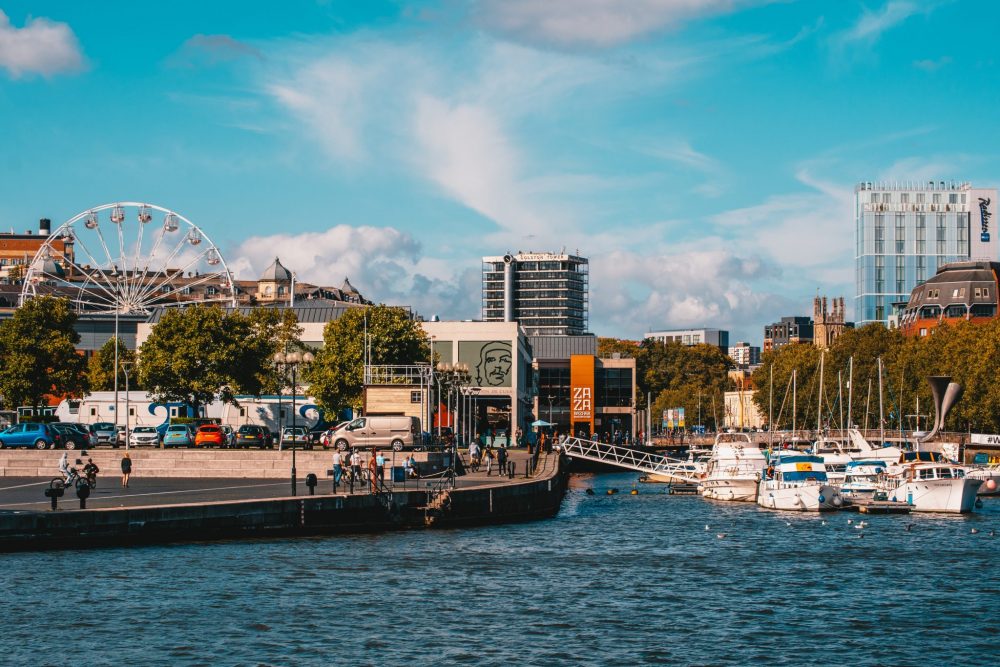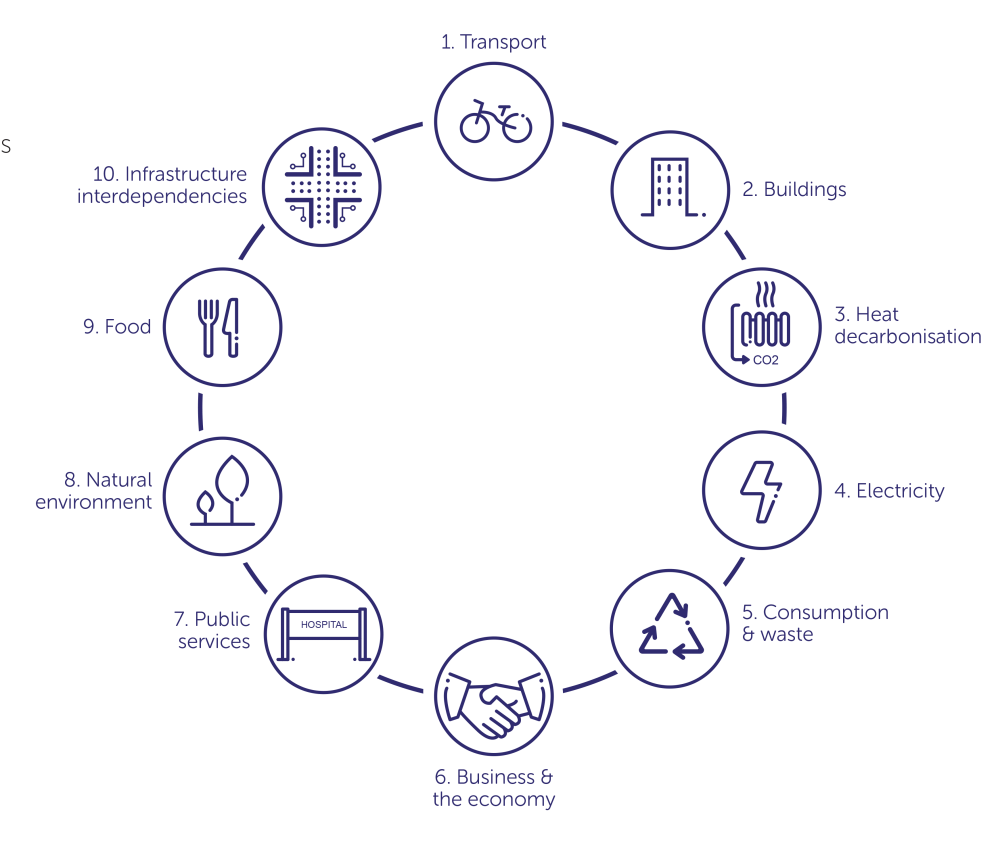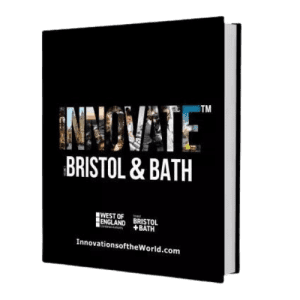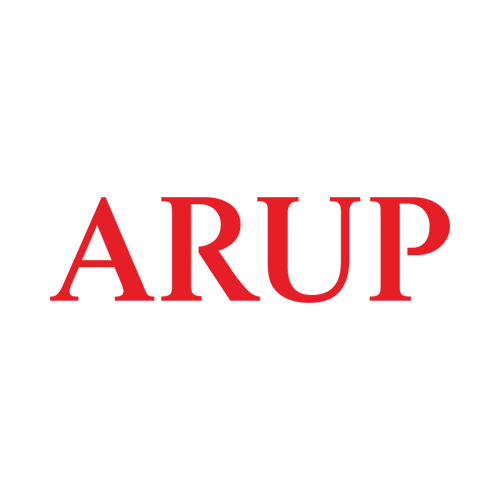Arup is an independent firm of designers, planners, engineers, architects, consultants and technical specialists working across every aspect of today’s built environment. Our office in Bristol city centre was founded more than 40 years ago and today is home to more than 350 staff, working on local, national and international projects.

Our people have made a major contribution to shaping the city and the West of England region – conceiving, planning and engineering many of South West England’s most important new policies and strategic plans, infrastructure projects, and new and renewed buildings. Together we help our clients solve their most complex challenges. Our innovative thinking helps turn exciting ideas into tangible reality.
In Bristol, we have the opportunity to work with clients who have ambitions at the forefront of change. After the city became the first in the UK to declare a climate emergency, Bristol City Council offered to project manage and financially support the work to develop a One City Climate Strategy. Arup worked with the council to produce a strategy for a carbon neutral and climate-resilient city by 2030.
Delivered in just three months from strategy inception to launch, the Bristol One City Climate Strategy outlines the work that needs to happen at a local, regional, national and international level – including changes to legislation, infrastructure and finance – to achieve these ambitioustargets of Bristol becoming carbon neutral and climate resilient by 2030. The strategy creates a framework for how to reach this challenging aim, one which requires a radical rethink of how people in the city live, work and invest, and that would act as a call for action to the city’s people and businesses.
The Bristol One City Climate Strategy is one of the first of its kind to include scope 1, 2 and 3 carbon emissions – tackling not only emissions created within the city, but also the wider consumption-based carbon footprints of residents and businesses.The strategy sets out five key principles – that outcomes would be fair, transformative, evidence-based, collaborative, and able to evolve in line with emerging technologies, changing community behaviours and new scientific findings. With a clear position on the need for transformative action, the strategy sets the framework for stakeholders across the city, and beyond, to take action, building on Bristol’s successes and challenges to date.
The approach of developing strategy that considers climate resilience, as well as net zero carbon, is important in terms of alignment with the global Paris Agreement. Arup prepared a preliminary climate resilience assessment for the city using existing data and information on climate vulnerability and climate hazards. Our team examined projected changes in these vulnerabilities and hazards based on the best climate science, the sensitivity of local systems to hazards, and the ability of systems, organisations or people to adjust to events, respond to consequences or take advantage of opportunities.

Engagement was key to ensure that the strategy reflected the vision and ambitions of the collective Bristol community, and collaboration will be critical to support its delivery. The development of both the strategy and evidence base was steered by a range of stakeholders from the city’s Environment Board, as well as advice and challenge from the Bristol Advisory Committee on Climate Change (BACCC). The BACCC includes climate change experts and stakeholders from academic, public, private, and civil society. Despite the rapid strategy delivery, the development process incorporated engagement with businesses, organisations, charities, and people from across the city in a series of one-to-one discussions, workshops and public events involving over 300 stakeholders.
Since its launch by the Environment Board in February 2020, the strategy has already instigated change in the city. A range of organisations, including local authorities, universities, dioceses, the local Chamber
of Commerce and several utilities companies have formally endorsed the strategy. Anchor institutions in the city that have declared climate emergencies will now use it as a basis for their delivery plans and it has been integrated into the city’s covid economic recovery plans.
What’s next?
The strategy sets the framework for climate action for people and organisations in the city and beyond. Innovation and collaboration will continue to be at the heart of how the city delivers on the strategy.
This will require new business models, technologies, approaches and investment in areas such as upgrading homes and buildings, installing heat pumps at scale, protecting the city from flood risk and improving transport infrastructure.
At Arup, we’re excited to continue to be part of this journey, collaborating with public, private and third sector partners in the city to find solutions across the built environment.














